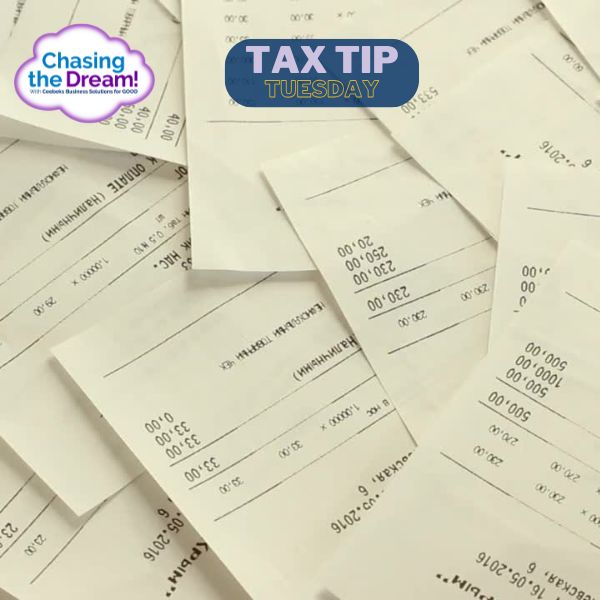Happy World Password Day! Each year on the first Thursday in May, World Password Day promotes better password habits. Passwords are critical gatekeepers or keys to our digital identities, allowing us to access online shopping, dating, banking, social media, private work, and life communications. Strong, complex passwords ensure all the information we store online (aka our digital assets) are protected which is essential for our privacy and financial and personal security.
Here are 10 quick tips to point you in the right direction for creating strong passwords.
1. Use a different password for each of your important accounts. Using the same password for everything is equivalent to giving hackers a master key.
2. Size does matter! The longer the better with experts now recommending at least 12 characters minimum is necessary to keep the nasties at bay.
3. Mix it up! Don’t just rely solely on letters or numbers. For optimal security use a mix of both upper and lower case letters, numbers and symbols/punctuation. While B0($kmPxc25 may look like a giant mess or the result of a cat on your keyboard it does in fact make it very difficult for both people and machines to guess.
4. Avoid substitutions like the plague. While looking good and fairly smart they are, in fact, some of the easiest to crack. Here you are looking at combinations such as 3l3ph1nt and p5ppyd4g.
5. Don’t use personal or familiar words. Given there is an awful lot of our personal information floating around in cyberspace if you start to think the names of family members or your pets would be a good option they are incredibly easy to crack. As are those simple words such as twitterpassword or password1234. We may feel these options are so simple they won’t be tried and we will keep thinking that right up until our accounts have been compromised.
6. Don’t give out your password to anyone either in person or in an email.
7. Keep your backup password options up to date. Just in case you forget it one day (or every time I log into one of my less frequently used accounts)and you can then retrieve it with minimal fuss.
8. Use the same principals for your secret questions. Even if someone can guess the answer there is no way they will be able figure out how you entered it.
9. If you can get an authenticator do it! It gives you a second layer of protection.
10. Don’t proudly display your passwords where other people can see them. No post-it-note displays with neatly written passwords and account details. It is also best to avoid saving them on your PC/mobile/laptop/tablet in a handy file called Passwords. We all know someone who does this and while yes you may have them all in one handy location we can just as easily borrow them to use later.
Another fantastic option for those who are password-challenged is LastPass. LastPass is the last password you will ever need. You create a Master Password that is known only to you and you can add all of your passwords and site data as you go. Not only can you store your passwords you can also generate secure passwords as you need them. You know the passwords that look like a cat has been dancing across your keyboard – A$3I19Jrm9Fd#$^%aB. LastPass also syncs across your devices so you are always covered. Check it out here.

